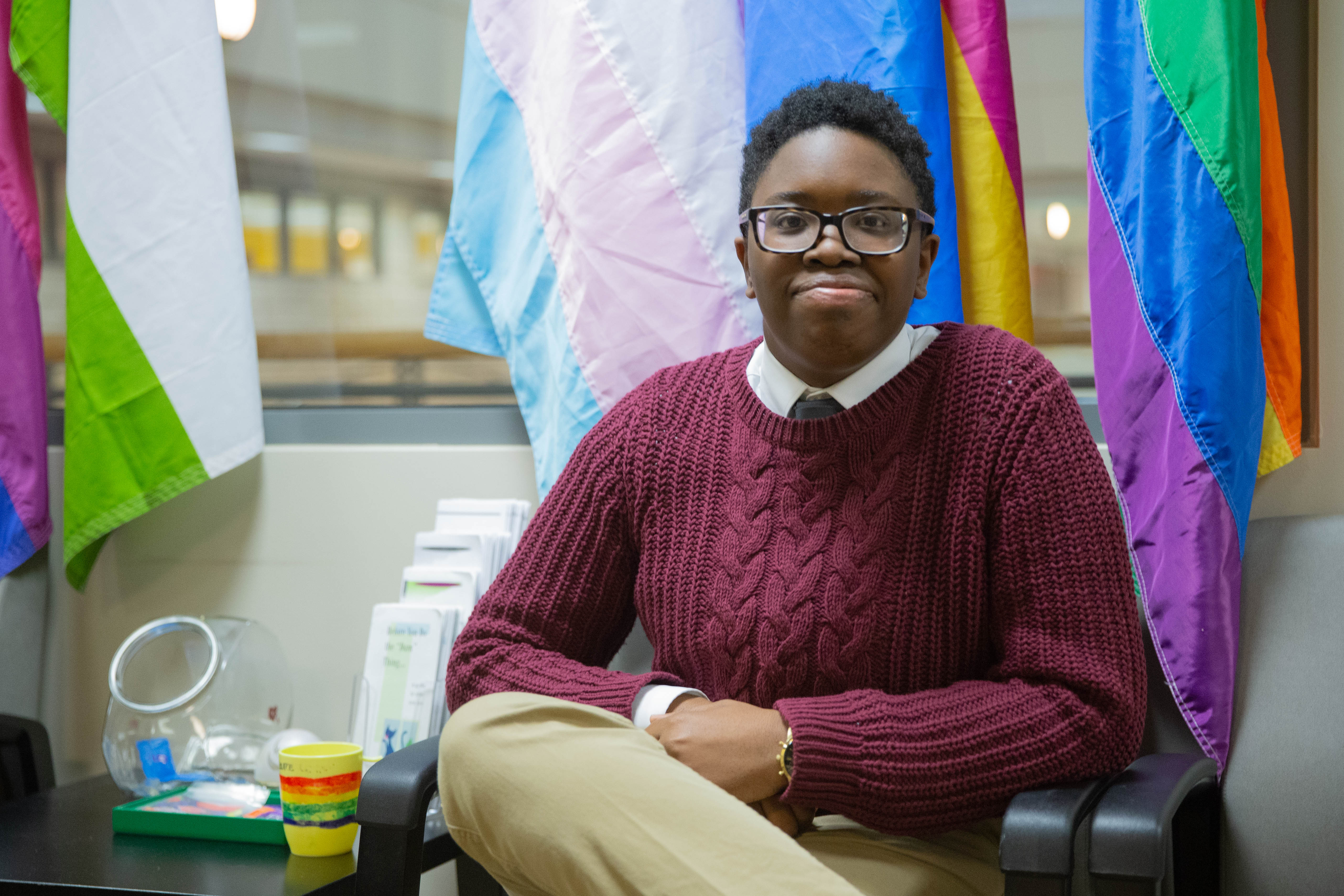Faculty and students within Kennesaw State’s Culinary Sustainability and Hospitality program have recently expressed concern over the program’s future and the university’s handling of the program’s termination.
After Interim Provost Linda Noble made the announcement to the faculty senate on March 26 that the CSH program is currently under review because of changes to the curriculum, several faculty members within the CSH program questioned this decision.
Compared to the program’s original curriculum, new courses were added to the program’s current course list. Some of the courses added in October 2016 include Wedding Planning, Baking and Pastry and Beer Culture.
A source close to the matter said these courses were only added to offset some of the limitations that the CSH program faced when trying to set up elective courses for students. The source said that, because resources were limited, they were not able to effectively offer several of the electives listed in the curriculum.
The source also said that the only changes made were to the elective course offerings, and the number of required elective credit hours has not changed. None of the major requirements or capstone courses have been altered. The source said that they do not believe this gave the university reason to announce that the program would be deactivated.
“This is a bachelor’s degree with a curriculum that’s not necessarily, because it is a heavy part of the culinary piece, aligned with the other types of bachelor degree programs that are also in the University System of Georgia,” said Interim Vice President of Institutional Effectiveness Danielle Buehrer.
“My knowledge of a similar program in the USG is the College of Coastal Georgia, and it’s an associate program,” Buehrer continued. “Bachelor’s degrees in this field are more heavy on the food and science piece.”
The source said that many of the courses offered in the CSH program are also offered at other comparable universities.
For example, Georgia Southern University offers a bachelors in food science, Middle Tennessee University offers a bachelors in fermentation science and Eastern Michigan University offers a bachelors in hotel and restaurant management. All of these universities are KSU’s peer institutions, according to the office of institutional research.
Students and faculty also expressed that the situation, starting with the announcement in October that the program would be terminated, has not been handled well by the university.
Sophomore CSH student Alex Vernachio said he decided to change his plans and apply for the culinary program at Johnson and Wales University after the announcement was made.
Vernachio said the new program will cost him more financially and that he abandoned his original graduation plans, but he said it was worth it to be able to attend a university where he knows he will not have to worry about his academic future.
Vernachio said he made the decision to transfer in the time between University College Dean Lynn Disbrow’s first announcement that the program would be terminated after three semesters and the later announcement that there would be a teach-out until Spring 2021.
“We get an announcement in the middle of the week saying the program will be ended next summer,” Vernachio said. “And after several protests, the following week, they talked about doing the teach-out. But I had a weekend where I’m sitting there going, ‘My program is going away next summer.'”
In the original announcement to CSH faculty, Disbrow said that students who were not able to finish their degree in three semesters had the option of switching their degree to the new School of Management, Entrepreneurship and Hospitality or to one of the other majors that KSU offers.
“The whole thing was handled very poorly. There was misinformation, there was a little bit of confusion, and none of our faculty really knew before the announcement,” Vernachio said. “It was a surprise. And honestly, the handling of that, along with the fact that I had a weekend to sit there and think about what I needed to do, now I just don’t really want to deal with this anymore.”
The faculty was also concerned that the university was not following appropriate USG policy concerning the deactivation of academic programs. Noble’s comment in March about why they had not heard anything about the status of the program before Noble came to the university brought about further concern among faculty members.
According to the USG’s website, the deactivation process for academic programs should start with a review of the program by their departments, units or divisions to determine if the program should be temporarily suspended.
After a maximum of two years, the institution is required to tell the Office of Academic Programs if they want to reinstate the program or request for its termination.
From what Noble said in March, no comprehensive review of the program has taken place.
Sources close to the matter said that, during a faculty senate executive meeting earlier this month, Noble said she would have an update for the faculty and students on the status of the program by the end of last week, but no announcement has been made yet.
KSU and the University System of Georgia did not respond to requests for comment before time of publication.



